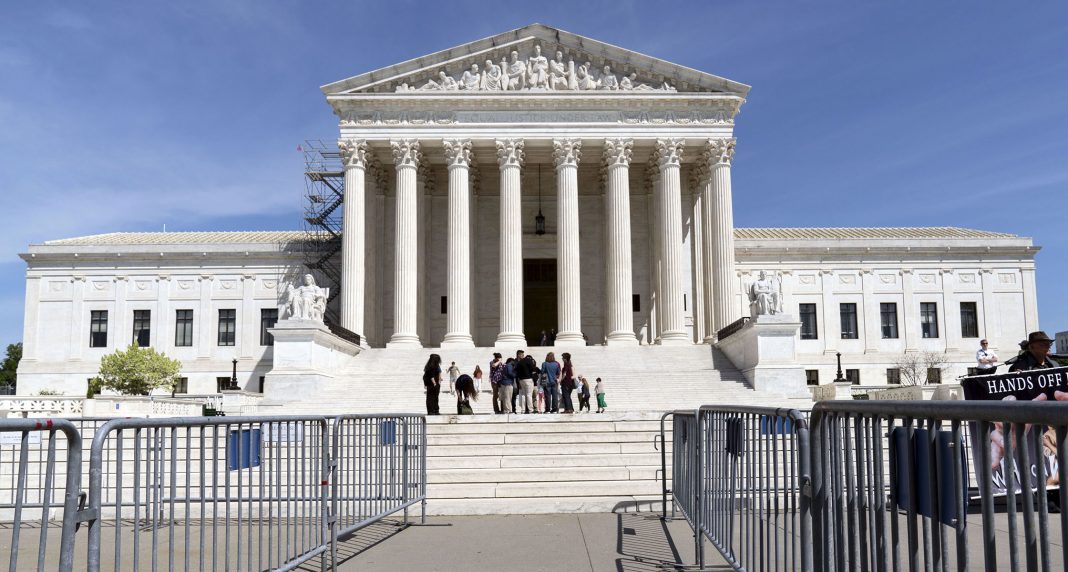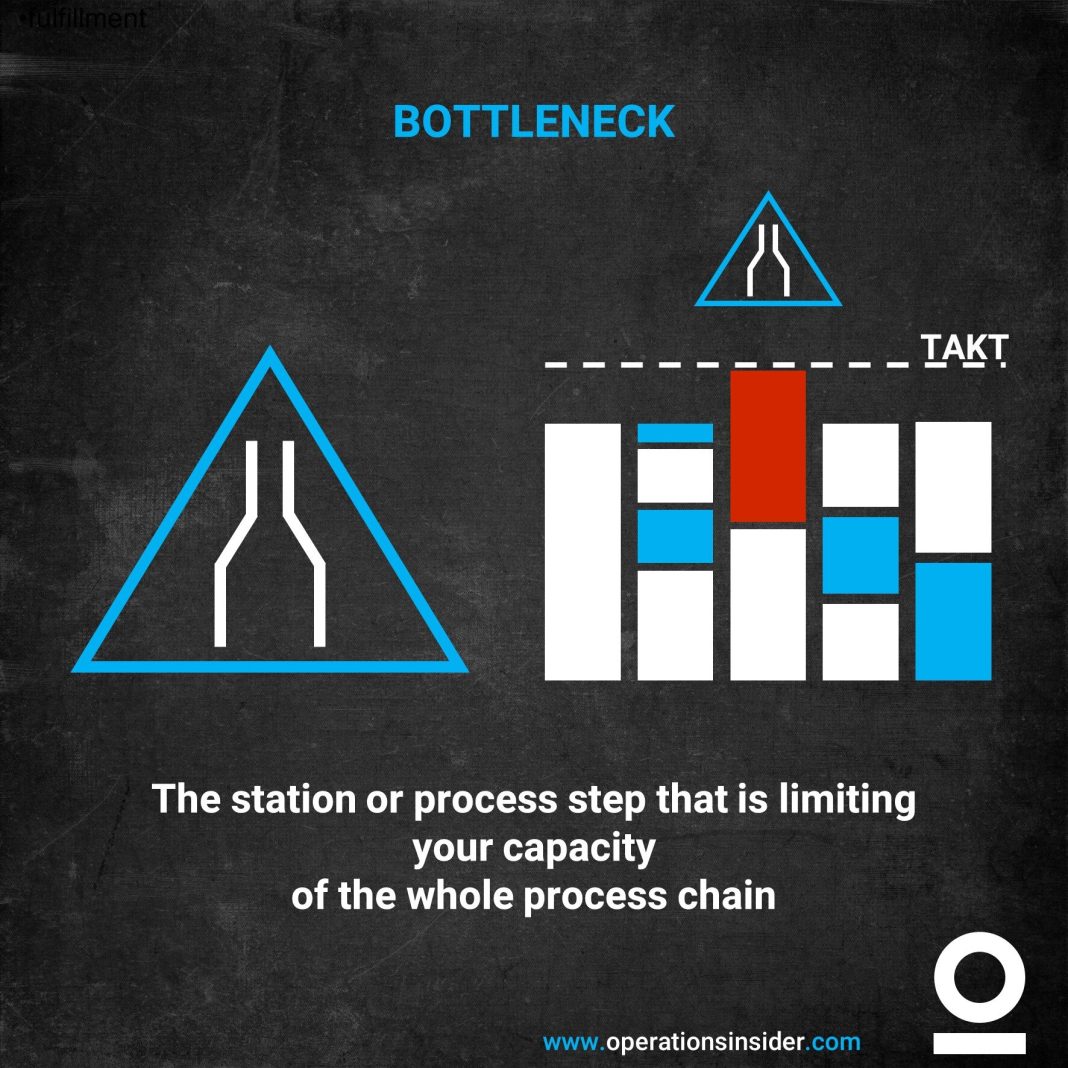 Supreme Court Delays Trump’s Washington Trial, Citing Presidential Immunity
Supreme Court Delays Trump’s Washington Trial, Citing Presidential Immunity
In a historic ruling, the Supreme Court extended the delay in the Washington criminal case against Donald Trump. The charges relate to his alleged plotting to overturn his 2020 presidential election loss. The ruling effectively ends the possibility of Trump facing trial before the November election. The court’s decision, made in a 6-3 vote, establishes that former presidents have absolute immunity from prosecution for their official acts but no immunity for unofficial acts. However, rather than deciding the matter themselves, the justices have ordered lower courts to determine how this decision applies to Trump’s case.
The outcome of this ruling means further delay before Trump could potentially face trial in the case brought by special counsel Jack Smith. This decision, along with the court’s recent ruling rejecting efforts to bar Trump from the ballot due to his actions following the 2020 election, highlights the direct role the justices are playing in shaping the November election.
This ruling comes more than two months after the court heard arguments, which is significantly slower than previous high-profile cases involving the presidency, such as the Watergate tapes case. Trump has consistently denied any wrongdoing and has claimed that these prosecutions, including the one in Washington, are politically motivated attempts to prevent him from returning to the White House.
It is worth noting that in May, Trump became the first former president to be convicted of a felony in a New York court. He was found guilty of falsifying business records to conceal a hush money payment made during the 2016 presidential election. Despite this conviction, he still faces three other indictments.
Leading the federal probes into Trump are special counsel Jack Smith. These investigations have resulted in criminal charges against the former president. The Washington case focuses on Trump’s alleged efforts to overturn the 2020 election after losing to Democrat Joe Biden. Another case in Florida centers around mishandling classified documents, while a case in Georgia revolves around Trump’s actions following his defeat in 2020.
If Trump’s Washington trial does not take place before the 2024 election and he is not granted another term in the White House, he could potentially stand trial soon after. However, if he were to win the election, he would have the power to appoint an attorney general who could seek dismissal of his case and any other federal prosecution he faces. Additionally, he could attempt to pardon himself if he regains the presidency, although he would not be able to pardon himself for the conviction in the state court in New York.
It is noteworthy that three of the Supreme Court justices who heard this case were appointed by Trump, namely Amy Coney Barrett, Neil Gorsuch, and Brett Kavanaugh. Two other justices, Clarence Thomas and Samuel Alito, chose not to recuse themselves despite questions raised about their impartiality.
The involvement of Justice Thomas’ wife, Ginni, in a rally near the White House on January 6, 2021, where Trump spoke is of interest. Although she did not participate in the subsequent Capitol attack by a mob of Trump supporters, her attendance at the rally raises questions about potential bias. Similarly, Justice Alito faced scrutiny after reports emerged that flags flown by the rioters on January 6 were seen above his homes. However, both Thomas and Alito have defended their decisions not to recuse themselves from the cases.
Trump’s trial was initially scheduled to begin on March 4 but was delayed due to his request for court-sanctioned delays and a full review by the Supreme Court. Prior to the Supreme Court’s involvement, a trial judge and a three-judge appellate panel unanimously ruled that Trump could be prosecuted for actions undertaken while in the White House and leading up to January 6.
In December, U.S. District Judge Tanya Chutkan, who would preside over the trial in Washington, ruled against Trump’s claim of immunity. Chutkan emphasized that the office of the president does not grant lifelong immunity and that former presidents are subject to federal investigation, indictment, prosecution, conviction, and punishment for any criminal acts committed while in office.
Overall, the Supreme Court’s decision to extend the delay in Trump’s Washington trial on charges related to overturning the 2020 election reinforces the concept of presidential immunity. While former presidents enjoy absolute immunity from prosecution for official acts, they are not immune from prosecution for unofficial acts. This ruling has significant implications for Trump’s legal battles and potential future trials, particularly if he seeks another term in the White House.


